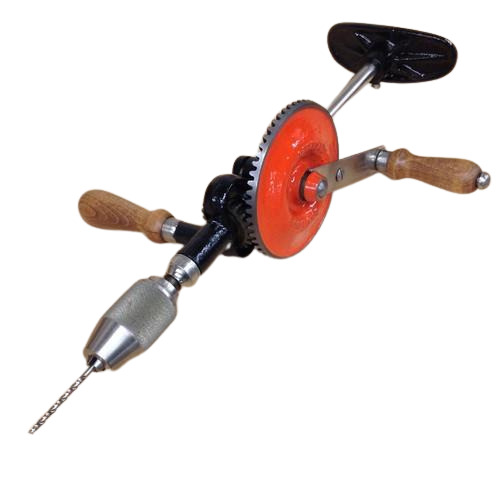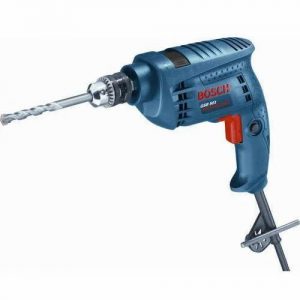
In the world of manufacturing and craftsmanship, tools play a crucial role in shaping our modern society. From the earliest days of human civilization to the present, tools have evolved significantly, with machine tools and hand tools emerging as two distinct categories. In this blog post, we will delve into the key differences between machine tools and hand tools, exploring their unique characteristics, applications, and the impact they have on various industries.
- Understanding Machine Tools:
Machine tools are mechanical devices that are powered by electricity, hydraulics, or other sources of energy. They are designed to perform specific tasks with precision, efficiency, and repeatability. Unlike hand tools, machine tools are typically operated by skilled operators or controlled by computer numerical control (CNC) systems. These tools are commonly used in industries such as automotive, aerospace, and manufacturing, where high accuracy and productivity are paramount. - Exploring Hand Tools:
Hand tools, on the other hand, are manually operated tools that rely on human force and dexterity. They have been used since ancient times and continue to be essential in various industries, including construction, woodworking, and maintenance. Hand tools offer versatility, portability, and a tactile connection between the user and the task at hand. While they may not match the precision and speed of machine tools, hand tools excel in tasks that require finesse, customization, and adaptability. - Key Differences:
a. Precision and Accuracy: Machine tools are renowned for their exceptional precision and accuracy, thanks to their advanced mechanisms and control systems. They can achieve tight tolerances and produce complex shapes consistently. Hand tools, while capable of producing high-quality work, rely on the skill and experience of the user, making them more prone to human error.
b. Speed and Efficiency: Machine tools are designed for high-speed operations and mass production, significantly reducing production time and increasing efficiency. Hand tools, on the other hand, are generally slower but offer greater control and flexibility, making them ideal for small-scale or intricate tasks.
c. Complexity and Automation: Machine tools can handle complex operations, such as milling, grinding, and drilling, with minimal human intervention. They can be automated, programmed, and integrated into larger manufacturing systems. Hand tools, being manual in nature, require the user's physical effort and are better suited for simpler tasks.
- Applications in Different Industries:
Machine tools find extensive use in industries that demand precision and high-volume production. For example, in the automotive industry, machine tools are used to manufacture engine components, chassis, and body parts. In the aerospace industry, they are employed to fabricate aircraft components with utmost accuracy. Hand tools, on the other hand, are indispensable in construction, carpentry, plumbing, and other trades that require versatility and on-site adaptability.
Conclusion:
Machine tools and hand tools each have their unique strengths and applications. Machine tools excel in precision, speed, and mass production, while hand tools offer versatility, customization, and a tactile connection to the work. Both types of tools are essential in various industries, contributing to the advancement of technology and craftsmanship. By understanding the differences between machine tools and hand tools, professionals can make informed decisions and leverage the power of these tools to achieve their desired outcomes efficiently and effectively.

